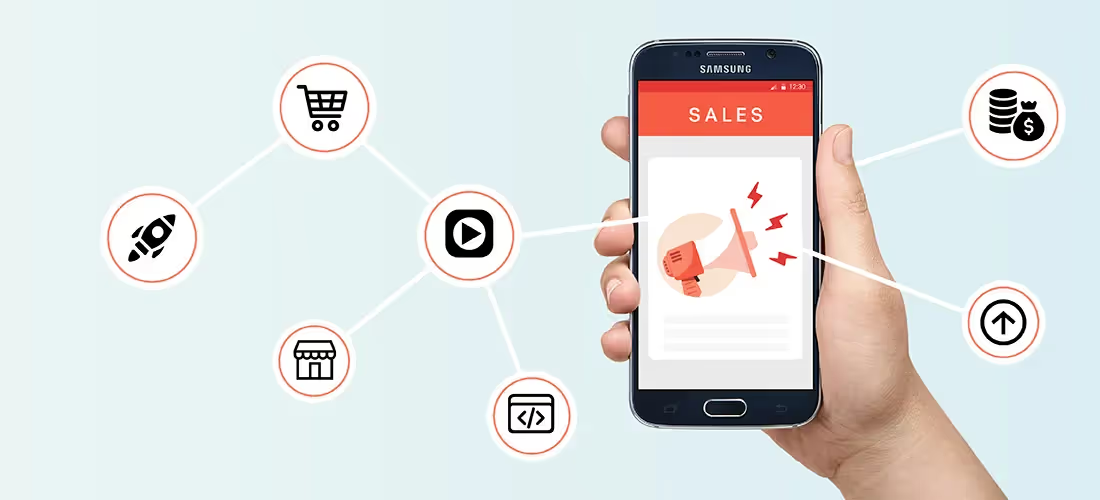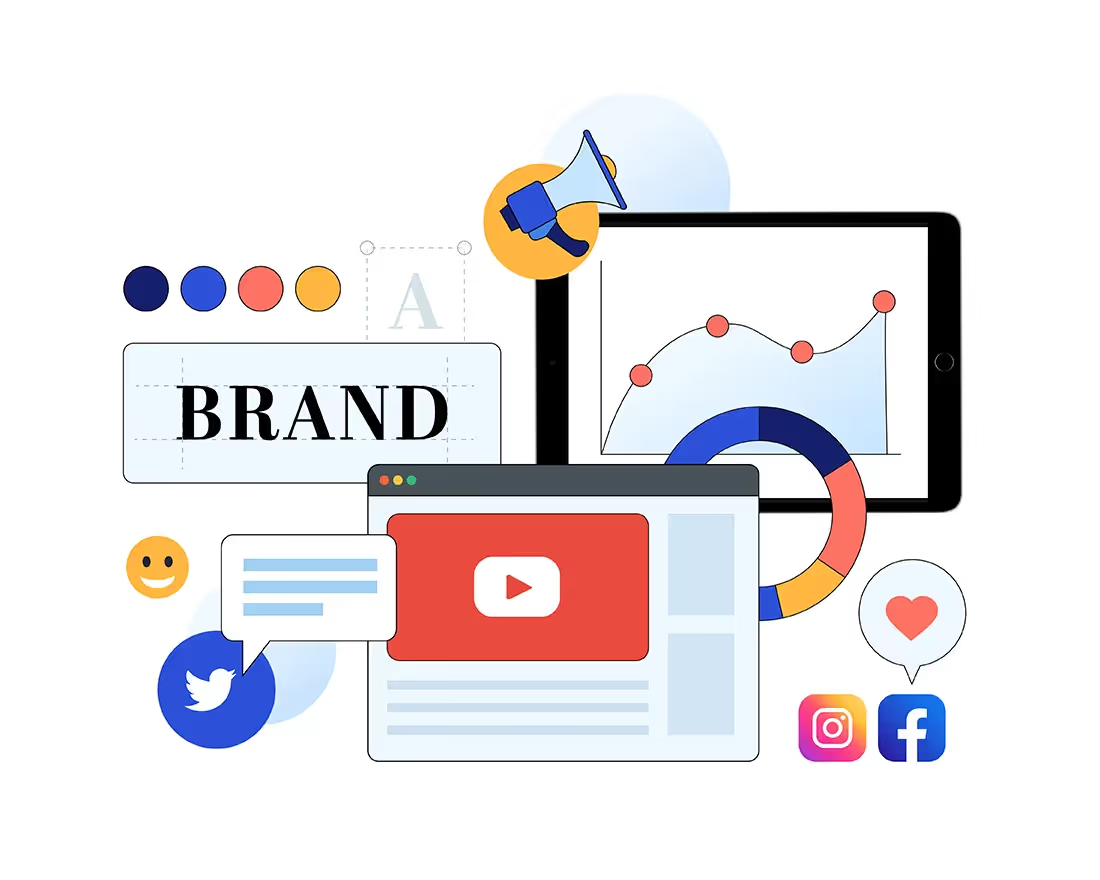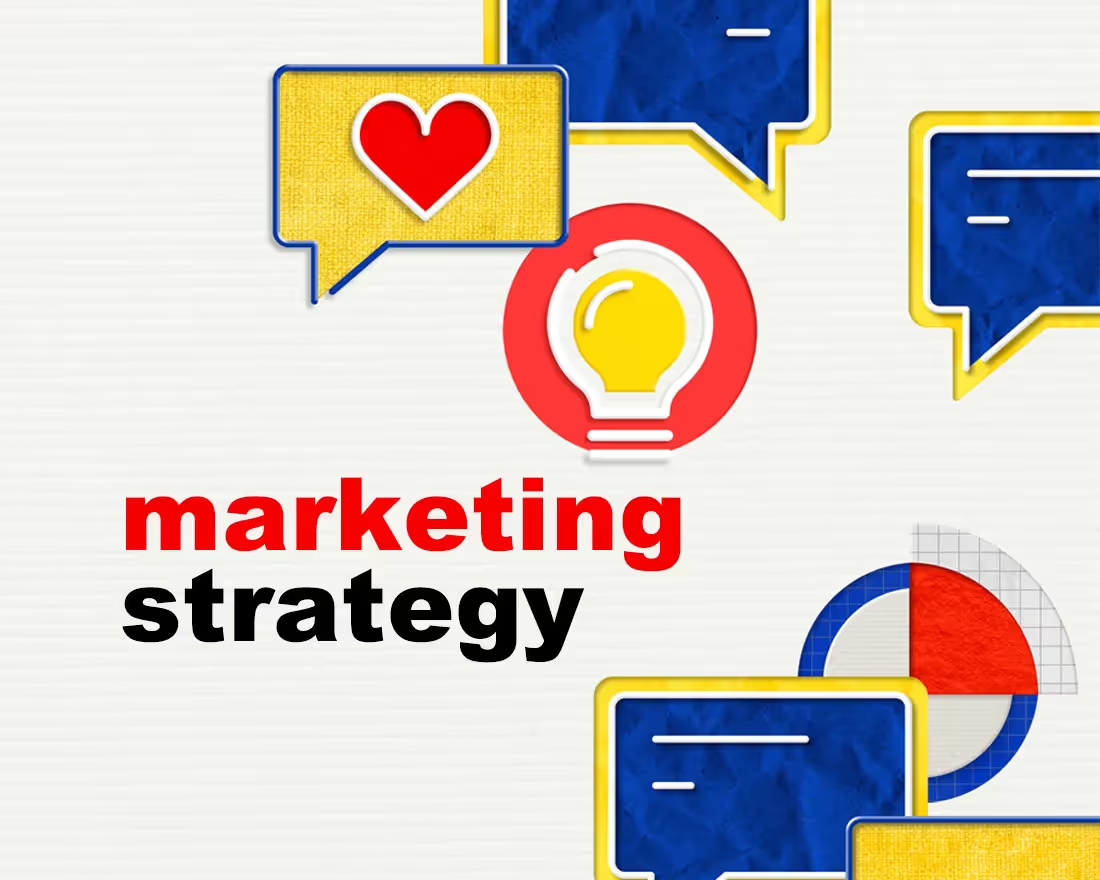
Sales enablement is exactly what it sounds like: providing your sales team with the necessary information, knowledge, and tools to enable them to close more deals. It’s something that nearly every sales team can benefit from, but few actually know how to incorporate it into their business plan.
As of 2019, nearly 300,000 people on LinkedIn had “sales enablement” listed on their profile. A number we’d be willing to bet has since grown. In fact, Google Trends reported that searches for “sales enablement” have grown by over 60% year-over-year. What does this mean for businesses? Sales enablement is a fundamental pillar in the success of a company, and is becoming increasingly popular. With the software industry booming, and more resources becoming available to teams, it’s no surprise that more companies are turning to sales enablement as part of their business strategy. Now companies of every size have the tools they need at their fingertips to better equip their sales team to scale the business— but it still requires collaboration amongst different departments.
“A sales team armed with content— content inspired by their own insights— is a sales team that can more effectively close deals. To make this happen you’ll need the right tools combined with the right processes for your company. So before you craft another piece of content, take a step back, walk over to the nearest sales rep, and have a conversation,” said Hana Abaza, author of Content is for Closers: How to Leverage Content for Sales Enablement.
Research from Quark shows that 71% of respondents have a sales enablement strategy in place. Of that 71%, financial services, tech, and telecommunications boasts the highest percentage of sales enablement efforts over other industries.
All that to say, it’s important. But what industries actually need sales enablement? Sales enablement can benefit nearly any team, of any size, from any industry. Highspot reported that organizations with a strong sales enablement process in place are over 40% more likely to convert leads and shorten the sales cycle. So, what industries are using sales enablement technologies and how do they apply them to their overarching business plan?
Financial services
Sales enablement helps financial institutions retarget the appropriate customers. But more than that, it keeps sales and marketing teams aligned and compliant in their strategies. Financial services presents a whole slew of risks and proprietary information that needs to be considered when finding and handling leads. By having a firm sales enablement strategy in place, financial institutions can bring in new clients and nurture existing relationships.
Tech
Many tech companies, and startups, will use sales enablement for business-to-business (b2b) lead generation. Targeting businesses—instead of direct consumers— is no small feat. It requires a dedicated sales team to get their offering in front of prospects and demonstrate how it can help scale their business. Specifically in startups, creating efficiencies is vital. Aligning on company goals, and utilizing sales enablement technologies, can help avoid any cross-departmental bottlenecks and improve workflow.
Telecommunications
The telecommunications industry runs on sales. Whether it’s ad sales, radio spots, or subscriptions, it’s how telecommunication companies keep their lights on. Of course, winning new business requires a sales strategy, and a strong sales team to back it up. Insert: sales enablement. Providing sales reps with the right information, content, and support can help telecommunication companies lock in new opportunities more effectively.
While the above are the top three industries utilizing sales enablement to propel their business, that’s not to say that other industries can’t benefit from a strong sales strategy. Sales enablement is an integral cog for any business to help provide sales teams with all the tools and information they need to convert as effectively and efficiently as possible. Through continuous coaching, data analysis, cohesive and consistent collateral, technological tools and building a centralized database of all the information, a company can easily build a sales enablement strategy from scratch to further scale their business.







.avif)
